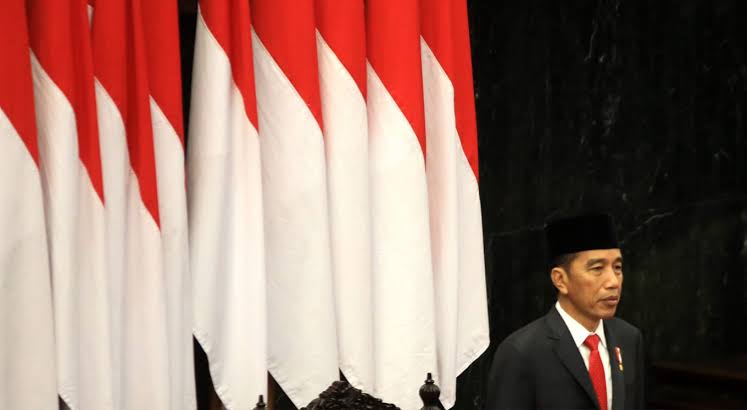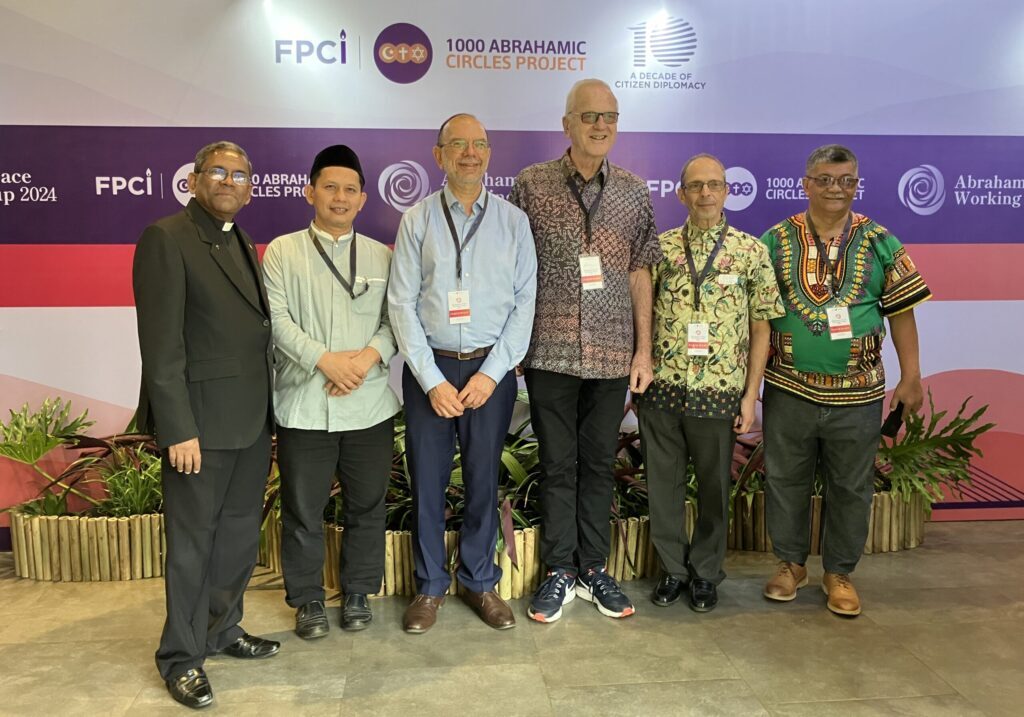Australia/Israel Review
Asia Watch: Lonely at the top
Nov 8, 2019 | Michael Shannon

Like many other Muslim-majority nations, Indonesia’s politics requires a balancing act between some accommodation of Islamist forces and a firm hand against violent jihadists. The question, as President Joko Widodo begins his second term, is whether recent political machinations will compromise both civil society and public safety.
An unwelcome reminder of the jihadist threat occurred in the lead-up to inauguration day, when Indonesian police uncovered alleged suicide attack plots targeting officials, security personnel and places of worship in Java by suspected members of a militant network affiliated with the Islamic State. The anti-terrorism unit Densus 88 arrested two suspected members of Jamaah Ansharut Daulah (JAD) on October 15 and seized bomb-making materials, while two other suspects were arrested in Bandung.
The arrests added to the growing tally of militant suspects rounded up across the country since Oct. 10, when two suspected JAD militants armed with knives attacked then Security Minister Wiranto. A former chief of Indonesia’s armed forces, Wiranto was stepping out of a car during a working visit to a town west of Jakarta, when a couple lunged at him and two others with knives. He is recovering in an army hospital in Jakarta after surgery.
While the record of Densus 88 is strong, it may soon have to contend with an influx of returning Indonesian ISIS fighters. Turkey’s ongoing offensive against the Kurdish enclave in Syria threatens to free an estimated 750 detained ISIS fighters with Southeast Asian origins, including some 700 Indonesians, with reports that hundreds of prisoners associated with the group have escaped from a camp during Turkish airstrikes and intense fighting in the area.
On the home front, the creeping Islamisation of civil society is a phenomenon that reflects not only international trends but political calculations.
Amid the pomp and ceremony of Jokowi’s inauguration for a second term as President, many analysts conclude that despite trouncing his opponent, Prabowo Subianto, by an 11-point margin in April, the irony is that Jokowi has never appeared weaker – increasingly beholden to powerful vested interests and remnants of the oligarchy with their own agendas.
Jokowi now heads such a large, unwieldy ruling coalition that Indonesia’s democratic bona fides and governing accountability may be highly compromised. The five parties that supported him in his re-election have since been joined by the main opposition party, Prabowo’s right-wing populist Gerindra party. (Two other opposition parties also considered joining the government.)
Prabowo, the man who in May declared that the election result was fraudulent and allowed forces aligned with him to foment violent demonstrations in which six people died in an apparent bid to overturn the election, has been duly awarded the prized defence ministry in the new cabinet.
All this points to the growing influence of Jokowi’s patron, Megawati Sukarnoputri, the oligarchic matriarch who heads the Indonesian Democratic Party of Struggle – the party that Jokowi first rode to victory in 2014. Megawati, who has long been disenchanted with Jokowi because of his reformism and national star quality, served notice in a fiery speech to a party convention in August that she alone is in charge, with the President forced to sit in the audience and watch.
Despite some political disagreements in recent years, Megawati and Prabowo are part of the Indonesian aristocracy, with powerful connections. They even ran (unsuccessfully) on a joint ticket for the presidency in 2009.
As a measure of the President’s weakness, he was forced in mid-September to stand behind legislation emasculating the enormously popular Corruption Eradication Commission (KPK), which has been responsible for the jailing of scores of government officials, politicians and the people who attempted to bribe their way to prosperity.
Widespread protests erupted across the country demanding that the KPK’s formidable powers be preserved, but Jokowi told civic leaders who demanded that he reverse the KPK bill that he is isolated and lacking support.
The powers of the oligarchs were threatened earlier this year when Jokowi signalled moves to seek to track money laundered out of the country and parked in Swiss and Singaporean banks. A startling proportion of Indonesia’s political and financial class are determined to prevent this and accordingly, a large parliamentary majority is backing the KPK bill.
Jokowi faces trouble as well from the religious flank after he asked the House to drop legislation backed by his Vice President Maruf Amin – the Islamic cleric chosen as his running-mate to deflect unfounded claims that Jokowi is a closet Christian – which would have criminalised unmarried sex and penalised gay and lesbian relations, among other draconian provisions.
That proposal also set off large protests, with women’s groups and rights activists demanding that the criminal code revision containing the sex penalties be withdrawn, but Jokowi’s street cred as a reformer has taken another hit.
Ironically, remaining outside the new governing coalition is the Prosperous Justice Party (PKS) – a Sharia-based party whose main complaint of late has been that the proposed hardening of the criminal code does not go far enough.
Tags: Indonesia






